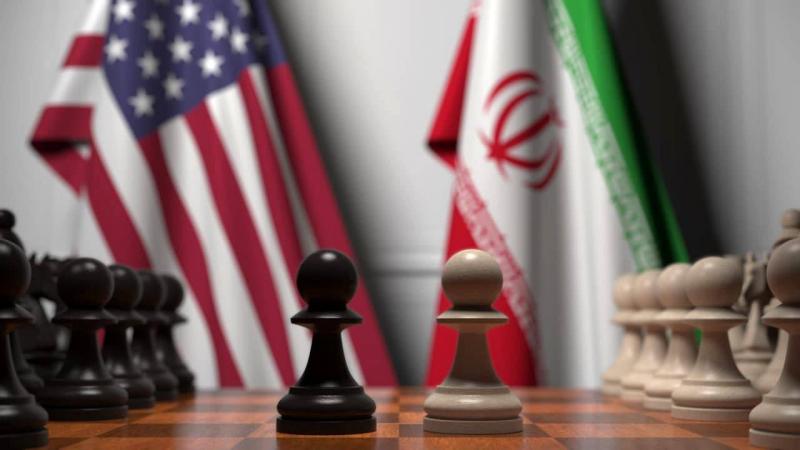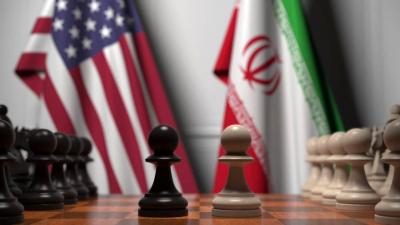The region known as the Middle East does not want tranquility—or perhaps it is not meant to be tranquil. The igniting of fires comes sometimes from "some" people within the Middle East, and sometimes from outside it. Supporters of peace and calm, and those oriented towards development and life, form one faction, while an opposing faction exists. What is happening is a clash between these wills. However, in a scene that appears absurd and chaotic, devoid of order, there are rules governing this chaos, albeit invisible. Always, it is the basic questions that emerge when storms intertwine and dust rises: Does Iran really want to erase Israel and engage in an existential war with it? Conversely, does Israel wish for the same against Iran? Behind them stands America, the supporter of Israel, fervently seeking understanding with Iran, especially in its Obama-Biden version.
Two days ago, in an intriguing scene, everyone was aware of the Iranian show of force against Israel, and everyone was prepared for it. Al-Arabiya reported, citing a Turkish diplomatic source, a secret communication between Tehran and Washington, relayed through Ankara, just before Iran struck Israel. The source mentioned that Iran had previously informed America about the strike through Turkey, indicating that Israel was aware of the timing of the Iranian assault through those communications. The source's statements explained that this accounted for the precautions taken by several countries, including Jordan, Israel, and Lebanon, which closed their airspace prior to the attack.
The American side, through Turkey, informed Iran that its operations should remain within certain limits. With all these precautions, aimed at executing Iran's desire to express its grievances—connected to legitimacy, image within Iran, and before the followers of the resistance axis, while preserving dignity against Iran's rivals, particularly the Arabs—without causing actual damage to Israel, and as stated by John Kirby, the Strategic Communications Coordinator at the National Security Council of the White House, the damage resulting from the Iranian attack was "very minor." Nevertheless, the question remains: Is it possible for matters to spiral out of control, despite Iranian reassurances, first and foremost, through statements by Foreign Minister Abdullahian, as well as American reassurances?
Professor Abdul Rahman Al-Rashed commented in his article in this newspaper on this new development, stating that the three countries—Iran, Israel, and America—"have proven over forty years in managing their disputes their ability to avoid direct confrontations and keep the conflicts at low levels. Israel considers the Hamas attack to be an act of Iran, and its killing of leaders from the Revolutionary Guard was a response within the 'rules of engagement.'"
In summary, while what occurred from Iran this time is new and dangerous, it remains under the established ceiling, and the whole world is aware of it before it commenced, including, and first and foremost, Israel itself. It is true that everyone is planning and gauging to minimize existential threats and opting for "calculated" responses, but the wise poet of the past said, "Time, like its people, is treacherous," in his masterpiece in which he states: "And you estimate while fates laugh!"




